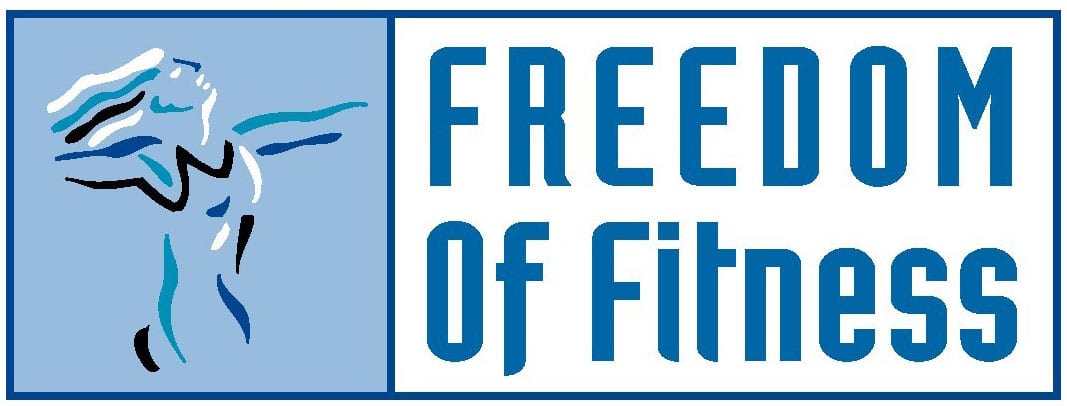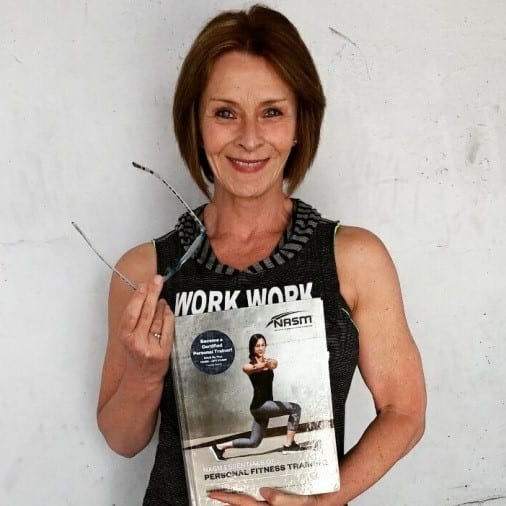 1. Drink half your body weight in ounces of pure water, every day. Hydration levels should be higher if you are overweight or increasing your activity level. Being dehydrated has a negative effect on performance, leads to decreased results and causes fatigue. Did you know that you absorb more of the nutrients from your food when you are well hydrated? Minimize all caloric beverages, including alcohol, in favor of pure H2O.
1. Drink half your body weight in ounces of pure water, every day. Hydration levels should be higher if you are overweight or increasing your activity level. Being dehydrated has a negative effect on performance, leads to decreased results and causes fatigue. Did you know that you absorb more of the nutrients from your food when you are well hydrated? Minimize all caloric beverages, including alcohol, in favor of pure H2O.
2. Eat a minimum of 4 to 5 fruits and vegetables every day. Ideally, they should be fresh. Frozen is fine, too. Avoid canned fruits and vegetables, most of the time, as they may contain sugar, salt and other ingredients that are not nutritious. Have fresh fruits and or vegetables at every meal.
3. Eat protein at every meal. Protein not only builds and repairs muscle tissue, it repairs all tissue, even your hair, teeth and nails. It also strengthens your immune system and helps stabilize blood sugar. Examples include: egg products, fish, seafood, poultry, and dairy products. If you are vegetarian, learn how to combine your foods to get complete proteins in your diet. Examples include: legumes and grains, nuts/seed & grains and dairy & grains. Meat analogues are also an option.
4. Reduce or eliminate processed foods from your diet. Eat foods that Mother Nature provides, instead. For example: instead of eating bagels, crackers and bread, choose brown rice, oatmeal, or sweet potatoes. Many processed and refined foods have hidden sugars, chemicals/preservatives and a high fat content. They can also be low in nutrition.
5. Eat frequently, throughout the day, starting with a balanced breakfast. Your body is in a fasting state when you wake up because you have not eaten in 8-12 hours. In this state, the body wants to store fat. “Breaking the fast” is a great way to “rev” your calorie burning engine, as you start your day. Throughout the day, you must continue to fuel your body, regularly, to keep energy high and blood sugar stable. Doing so will help keep your metabolism humming so that you continue to burn those calories! So, avoid skipping meals or going too long without food (4 hrs), as this causes low energy, a slower metabolism, poor mood and over-eating.
These tips have been provided by Sandra Blackie, Certified Sports Nutritionist and Personal Trainer. Sandra has been in the fitness industry for over 35 years and has a B.A. in Recreation & Leisure Studies. She is a retired professional bodybuilder who has appeared in many fitness magazines, both featured and as a contributing writer. Today, Sandra offers health & fitness seminars in the corporate world & teaches the future personal trainers for Coach Export in Quebec, Canada. In addition, she continues to help men and women achieve their personal health, nutrition, & fitness goals. Allow her to touch your life!
Our websites are www.freedomoffitness.com and for our online program, go to www.bodybyblackie.com


